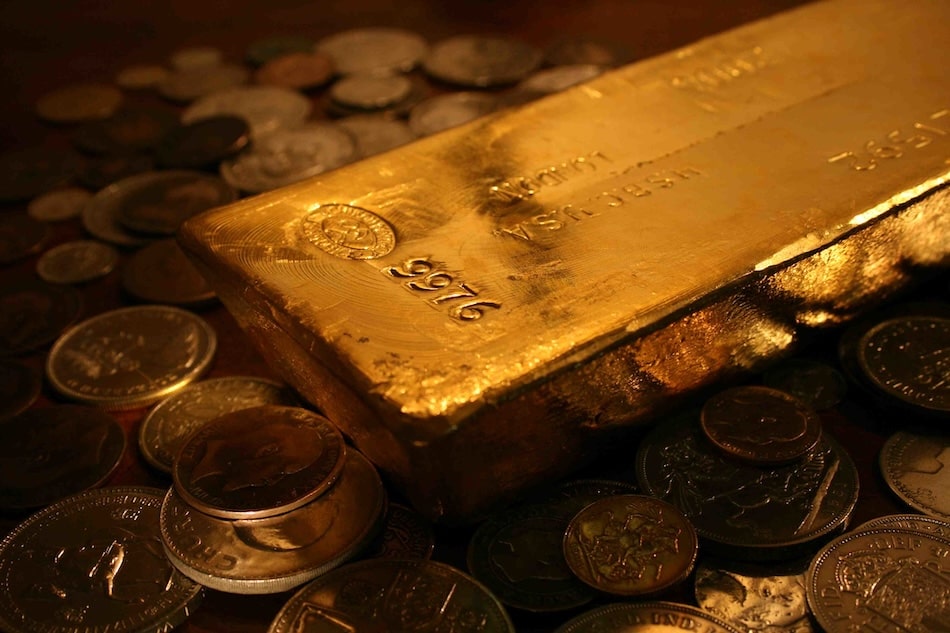
Gold futures in New York increased by 0.4% to $4,032.10 a troy ounce in early trading, rebounding after dipping below the $4,000 mark earlier in the week.
This rise positions gold for monthly gains exceeding 4% as investors weigh the impact of a new trade deal between the U.S. and China and the Federal Reserve’s hawkish stance on December interest-rate cuts.
Central banks drive demand
Analysts at BMI commented:
“We expect gold prices to remain elevated in the coming weeks, especially as central bank purchases remain high.”
However, they also cautioned that:
“Risks are slated to the downside as the Fed has downplayed the possibility of another cut in December and the trade deal between the U.S. and China has abated a lot of the uncertainty in the market.”
Long-term outlook remains positive
Despite recent price corrections, UOB’s Heng Koon How emphasized in a research report that gold’s fundamental drivers are intact. He pointed to continued allocations by central banks and steady investor buying across gold products.
Heng Koon How explained:
“All these purchases of gold have one key common important motivation, i.e. the need for safe haven diversification of portfolio amidst the increasingly volatile de-dollarization narrative.”
UOB has raised its gold price forecasts, now expecting prices to reach $4,000 by Q4 2025 and $4,300 by Q3 2026.
Spot prices and market reaction
Spot gold was last reported up 0.2% at $4,031.53 per ounce.
The market continues to monitor central bank activity and U.S. monetary policy signals, both of which remain key influences on gold’s trajectory.



